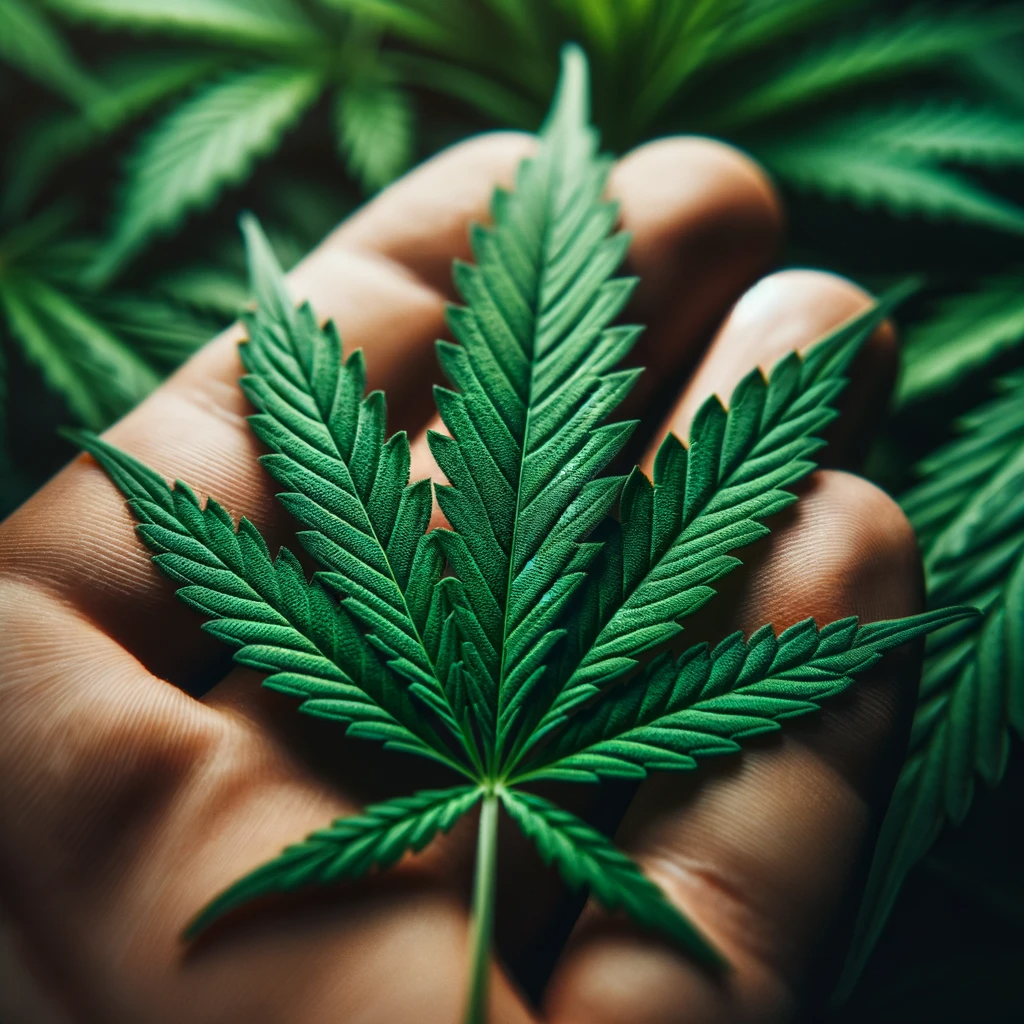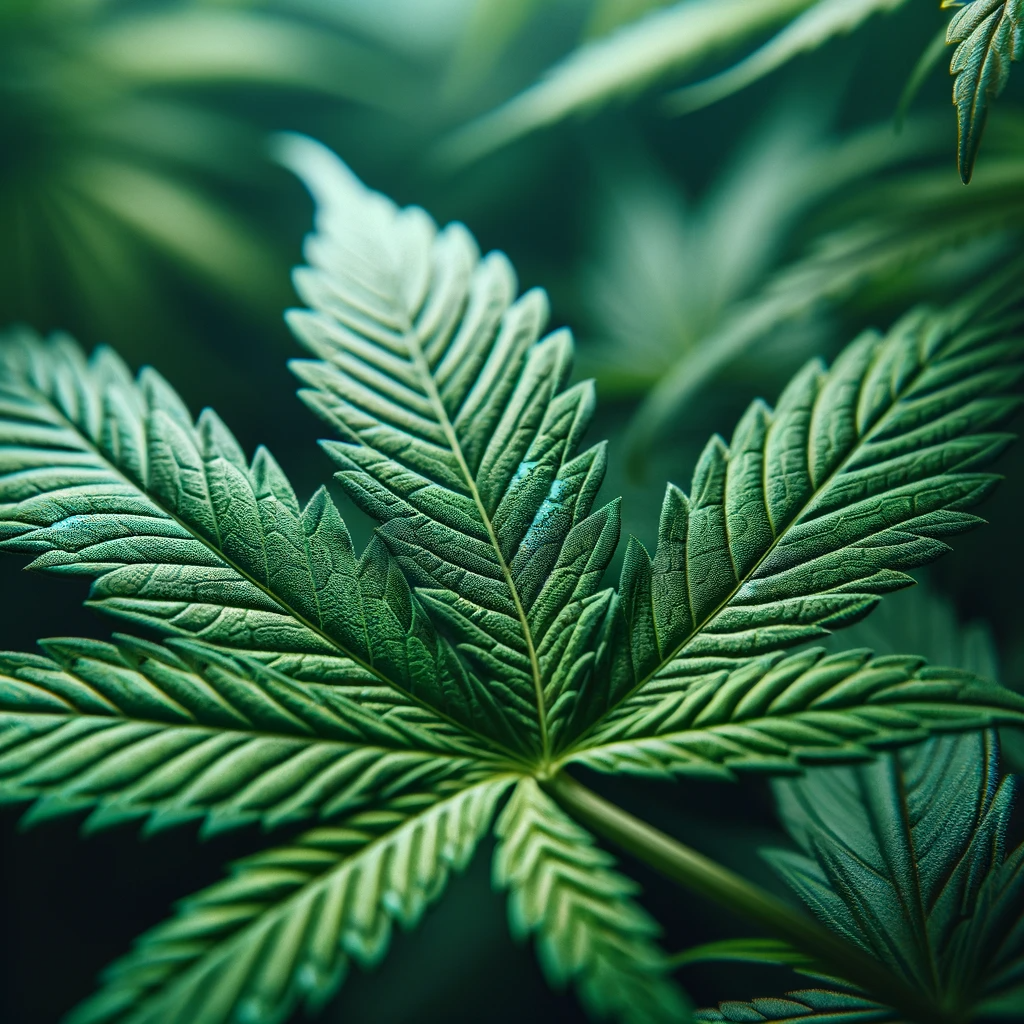Is Delta 8 Better Than THCA?

Table of Contents
When it comes to cannabinoids, there is a wide variety to choose from, each with its unique properties and benefits. Two cannabinoids that have been gaining attention recently are Delta 8 and THCA. Both these compounds have their distinct effects and characteristics. Today, we will explore the key differences between Delta 8 and THCA, why some people may prefer Delta 8 over THCA, and why others may choose THCA over Delta 8.
Understanding Delta 8 and THCA

Before diving into the comparisons, let's briefly understand Delta 8 and THCA.
Delta 8, also known as delta-8-tetrahydrocannabinol, is a minor cannabinoid found in the cannabis plant. It is chemically similar to Delta 9 THC, the psychoactive compound responsible for the "high" associated with cannabis. However, Delta 8 tends to produce a milder psychoactive effect than Delta 9 THC.
THCA, on the other hand, stands for tetrahydrocannabinolic acid. It is the non-psychoactive precursor to Delta 9 THC, and it is commonly found in raw cannabis plants. To convert THCA into THC, it needs to be decarboxylated by applying heat. This generally occurs when cannabis is smoked, vaporized, or cooked.
Key Differences: Delta 8 vs. THCA

Psychoactive Effects
One of the key differences between Delta 8 and THCA lies in their psychoactive effects. Delta 8 is mildly psychoactive, meaning it can provide a gentle high without inducing intense euphoria or anxiety. This makes it appealing to individuals who want to experience the benefits of THC but with a more manageable and less overwhelming experience.
On the other hand, THCA is non-psychoactive in its raw form. It only becomes psychoactive when it undergoes decarboxylation and is converted into Delta 9 THC. This means that consuming THCA in its raw state will not produce a high, which can be desirable for certain individuals who want to avoid psychoactive effects altogether.
Legal Considerations
Another important distinction lies in the legality of these two cannabinoids. Delta 8, despite being derived from hemp, falls into a legal gray area in some states. While it is federally legal under the 2018 Farm Bill, some states have imposed restrictions or outright bans on Delta 8 due to its similarity to Delta 9 THC. It is essential to check your area's local laws and regulations before purchasing or using Delta 8 products.
On the other hand, THCA is widely available and legal since it is considered a non-psychoactive compound in its raw form. This makes it more accessible and less prone to legal restrictions than Delta 8.
Potential Benefits
Delta 8 and THCA have potential benefits, which may be a deciding factor for individuals choosing between the two.
Delta 8 is known to have similar therapeutic effects to Delta 9 THC, just milder. It may provide relief from pain, inflammation, anxiety, and nausea. Some individuals find that Delta 8 offers a more relaxed and calming experience without a robust psychoactive component.
THCA, on the other hand, has shown promise as an anti-inflammatory and neuroprotective compound. It may also support immune system function and relieve conditions like arthritis, epilepsy, and certain gastrointestinal disorders. Additionally, some individuals prefer THCA for its potential analgesic properties without the psychoactive effects commonly associated with THC.
Delta 8 vs. THCA

When it comes to personal preference between Delta 8 and THCA, it ultimately depends on the individual and their specific needs and goals.
Some people may prefer Delta 8 if they want a milder psychoactive experience compared to Delta 9 THC. It may provide a more manageable high and help alleviate symptoms such as pain, anxiety, or nausea. Delta 8 is also favored by those who want to explore the benefits of cannabinoids while maintaining clarity and focus.
On the other hand, individuals who are seeking the potential therapeutic benefits of cannabis without any psychoactive effects may lean towards THCA. It allows for the consumption of cannabinoids without the risk of feeling "high." THCA can be particularly appealing to those who want to avoid psychoactivity due to personal preferences, occupational obligations, or sensitivity to THC.
It's worth noting that the choice between Delta 8 and THCA is not mutually exclusive. Some individuals may find benefits in both and choose to incorporate them into their wellness routine based on specific needs or preferences.
Best Place To Find Cannabinoid Products?
For all your cannabis product needs, WNC CBD is the ultimate destination. Setting itself apart from other suppliers, WNC CBD boasts an impressive collection of top-tier products from renowned brands. Their online store simplifies the process of finding the perfect product for your preferences, providing detailed descriptions and images for each item. Ranging from tinctures, oils, and edibles to vaping options, WNC CBD offers a vast array of products at competitive prices.
Shopping with WNC CBD is an absolute breeze, thanks to their secure website and phone ordering system. Not only do they offer unparalleled product quality and unbeatable prices, but they also prioritize individualized customer service. With a team of friendly and knowledgeable staff, you can count on receiving both the product you desire and the information you seek. WNC CBD goes the extra mile to provide the best service and products for all your cannabis requirements. If you're curious to try WNC, don't forget to use coupon code TRY15 to enjoy a 15% discount on your next order.
THCA Vs Delta 8: Which One Is Better For You? - Conclusion
Delta 8 and THCA offer unique effects and benefits. Delta 8 provides a mild psychoactive experience and potential therapeutic properties, while THCA is non-psychoactive and may provide anti-inflammatory and neuroprotective benefits. The preference for Delta 8 or THCA ultimately comes down to personal choice, desired effects, and individual circumstances. Before you decide, it's essential to do your research, consult with a healthcare professional, and consider the legal regulations in your area.
